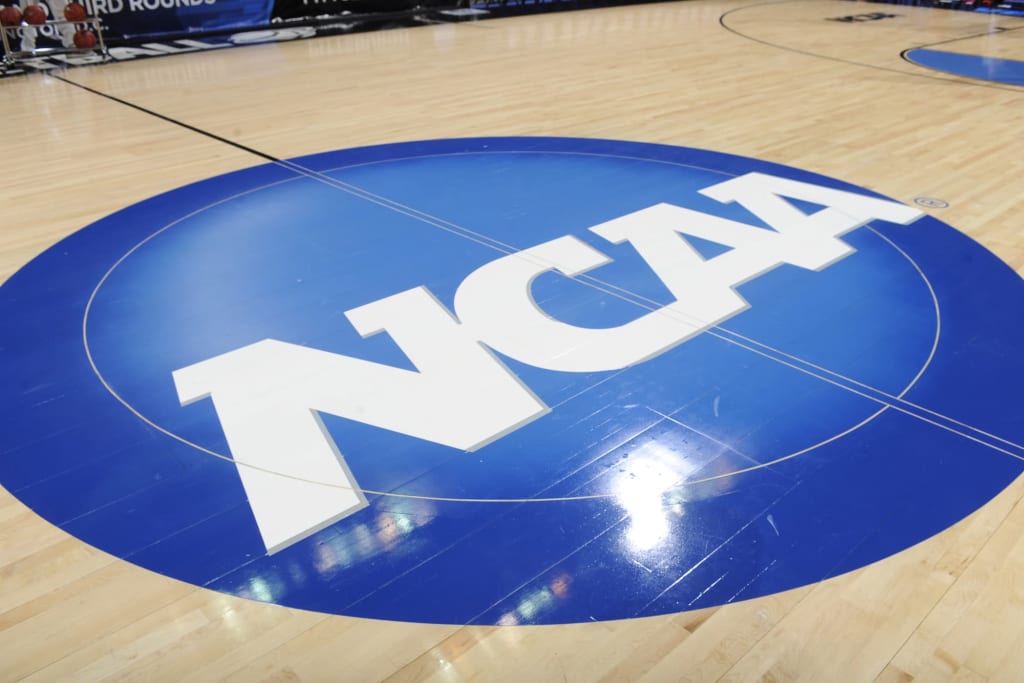The NCAA, the governing body for collegiate sports in the United States, has come under fire for allegedly focusing too much on big-money sports such as football and basketball, at the expense of other sports and gender equity. A recent report by the Knight Commission on Intercollegiate Athletics has shed light on the gender disparities within the NCAA, highlighting the lack of resources and opportunities for women athletes.
According to the report, the NCAA’s emphasis on revenue-generating sports has led to a significant gap in funding between men’s and women’s sports. While football and basketball programs receive the lion’s share of financial support and media attention, other sports such as volleyball, soccer, and track and field are left to compete for scraps.
This disparity is particularly pronounced when it comes to facilities and resources. Many women’s sports teams are forced to practice and play in subpar facilities, while their male counterparts enjoy state-of-the-art training centers and stadiums. This lack of investment not only hinders the performance of women athletes but also perpetuates the notion that women’s sports are less important or valuable than men’s sports.
In addition to the lack of funding, the report also points to a lack of opportunities for women in coaching and leadership positions within the NCAA. Despite Title IX legislation requiring gender equity in college athletics, women make up only a small percentage of head coaches and athletic directors in Division I programs. This underrepresentation not only deprives women athletes of role models and mentors but also contributes to a culture of male dominance and discrimination within the NCAA.
The Knight Commission’s report has sparked a renewed conversation about gender equity in collegiate sports and the need for the NCAA to prioritize the interests of all athletes, regardless of gender or sport. Recommendations include increasing funding for women’s sports programs, implementing policies to promote gender diversity in coaching and leadership roles, and creating more opportunities for women athletes to compete at the highest levels.
While progress has been made in recent years to address gender disparities in collegiate sports, the NCAA still has a long way to go to achieve true equity and equality for all athletes. By shifting its focus away from big-money sports and towards the needs of all athletes, the NCAA can create a more inclusive and fair playing field for men and women alike.
